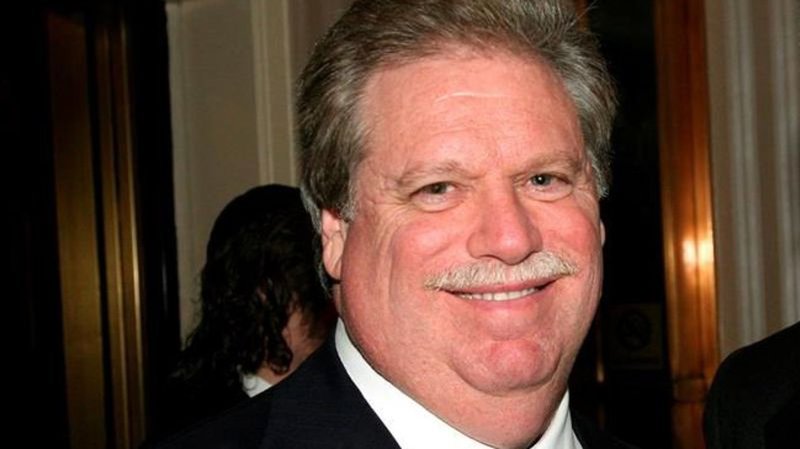
Trump’s pardon largesse a boon for well-connected fraudsters
WASHINGTON — A former congressman who pocketed millions of dollars in bribes from defence contractors. A Republican fundraiser who paid handsome sums to illicitly lobby a presidential administration. An influential voice in conservative circles accused of duping donors who supported a border wall.
Donald Trump’s final batch of more than 140 pardons and sentence commutations, issued in his last hours as president, benefited an ignominious list of defendants whose swindles, frauds and public corruption made them unlikely candidates for executive clemency. The recipients included people who not only abused their own positions of power but who also leveraged well-placed connections to pursue pardons from a president willing to use his authority to bless patrons and friends.
“It wasn’t about draining the swamp. It was the swamp,” said Sanjay Bhandari, a former Justice Department prosecutor who in 2005 secured a guilty plea from Randy “Duke” Cunningham, the former California congressman who was pardoned early Wednesday despite having accepted more than $2.4 million in homes, yachts and other bribes in exchange for government contracts.
The White House cited his post-prison volunteer work, military career and the support he received from former House Speaker Newt Gingrich, a Trump ally. But that support was troubling to Bhandari, who said it appeared that Cunningham and others in a “rogue’s gallery” of recipients benefited more from their proximity to power than from the actual merit of their cases.


